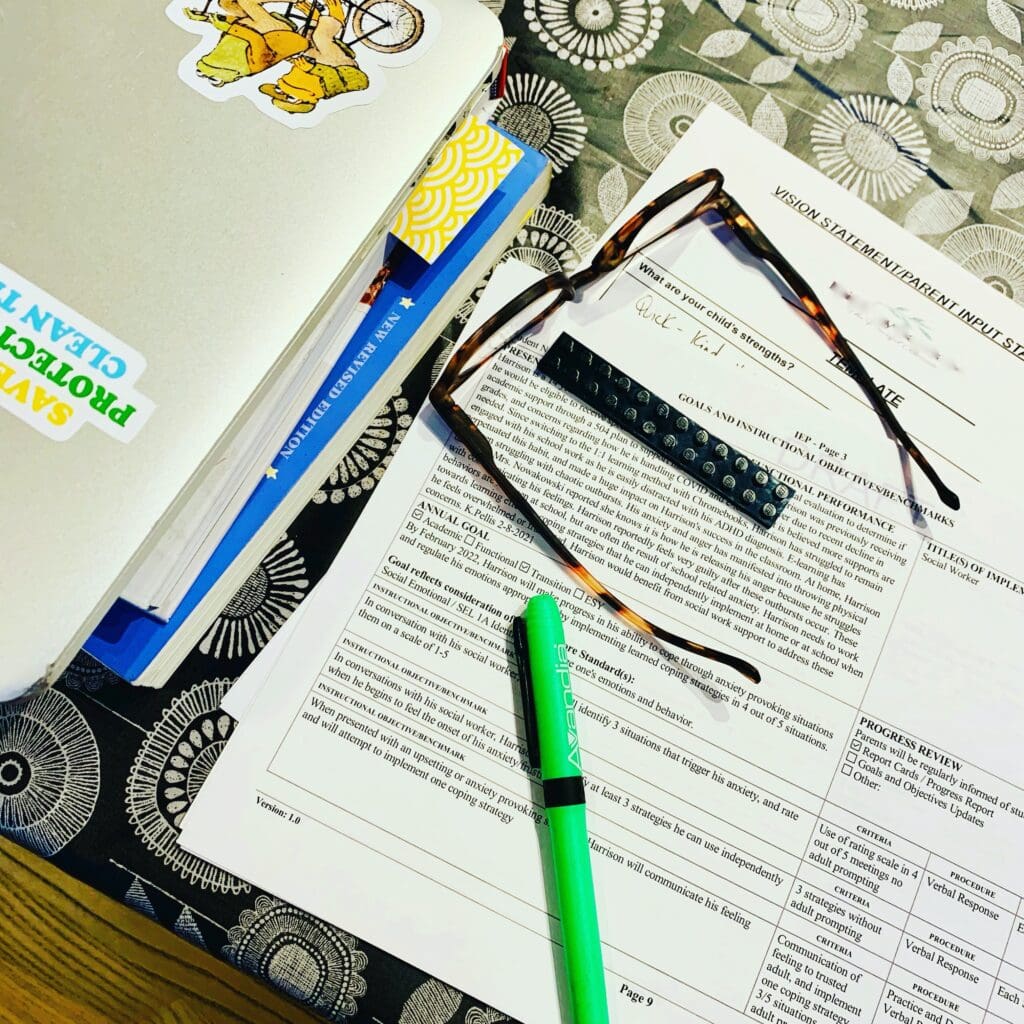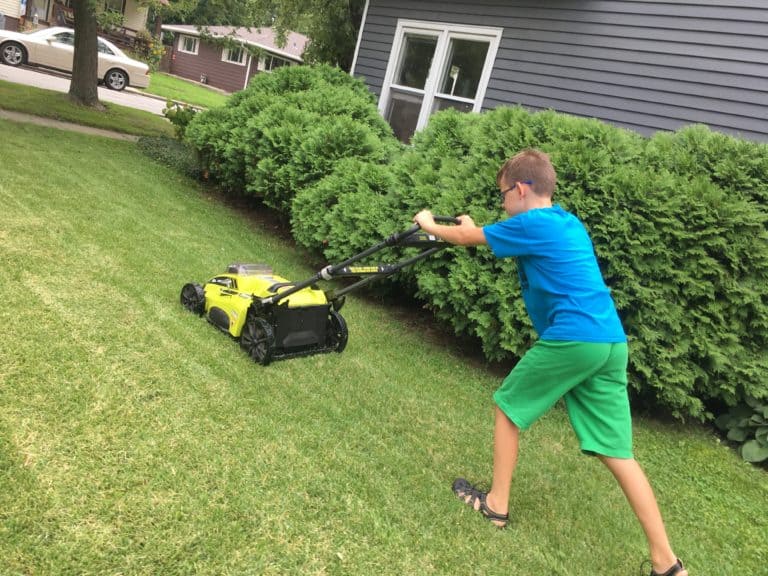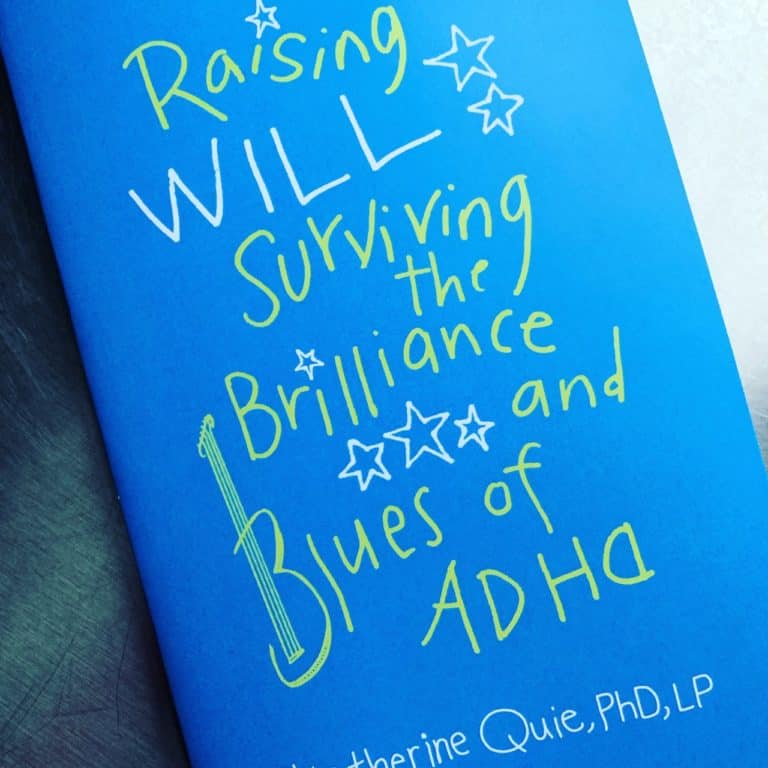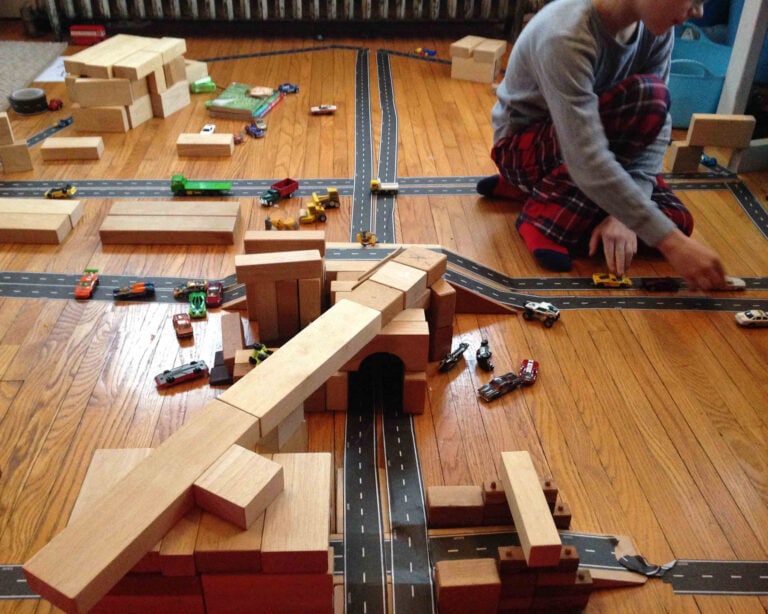How to get Help at school When Your child Has ADHD
Do you find yourself frustrated and at odds when discussing your child’s ADHD with their teacher?Do you feel dismissed and unheard when trying to make a case for your kiddo?
Do you want to know how to talk to your child’s teacher about their ADHD and be able to make a plan that supports your child?
We’ve got your back! We’ve got the scoop on how to talk to your child’s teacher about ADHD, so you can build a cooperative and supportive relationship and most importantly get your kid the help they need.
With just a few great strategies and a little preparation, you’ll be able to confidently approach your child’s teacher and create a collaborative environment that supports your child’s educational journey. So, let’s see how you can turn frustration into cooperation, and pave the way for a great school year!

Understanding aDHD and How it Affects Your Child
Do Your Research
In order to learn how to talk to your child’s teacher about their ADHD, it’s crucial to have a solid understanding of how ADHD is showing up in your child. ADHD, which stands for Attention-Deficit/Hyperactivity Disorder, is a neurodevelopmental disorder that affects about 1 in 10 children. Most people think ADHD is just about inattentiveness, hyperactivity, and impulsivity, but there is so much more involved with the condition.
And it can look so different from kid to kid.
The more you know, the more you can share with your child’s teaacher, who might not be familiar with the myriad of symptoms that fall under the category of ADHD. Then you can share your findings with teachers and other involved school staff, who might not be up on the current research and understanding of the condition.
These sights can be extremely helpful to start you on your learning journey:
- Additude Magazine
- Understood.org
- Child Mind Institute
- and of course, my blog, fuzzymama.com
Learn about different accommodations
It’s also helpful to educate yourself about the various accommodations and interventions that can benefit children with ADHD. There are so many little tweaks teachers can do during the course of a normal school day to seamlessly help your child. The more suggestions you can bring to the table, the better.
From simple adjustments like preferential seating, using a visual timer, frequent breaks to more comprehensive strategies like implementing a structured routine or using visual aids, there are numerous approaches that can significantly improve your child’s educational experience.
Make sure to bring a list of the accommodations that you feel will work for your child when you meet with the teacher. And ask for any other accommodations that you might not have thought of – teachers always have a few tricks up their sleeve!
You are your child’s best advocate
ADHD manifests differently in every child and so while teachers may be familiar with ADHD, they are not familiar with YOUR child, yet. It is up to you to continue to be on top of what supports are helping your child and which ones are not.
Remember you know your child best in the environment outside of school. The teacher is the expert on your child in school. It’s up to you to share everything you can about your child and do all you can to ensure your child is getting the services they need.
You may have to go out of your comfort zone for this. It can take multiple conversations to get the ball rolling at the school and lots of following up to make sure the staff is doing all they can.
Try to set up regular meetings or check-ins with the teacher so they can give you feedback and share what is working. You can also let them know how things are going at home and continue to give valuable information about your child, as the year progresses.
Consider Having additional testing done
Depending on how your child got their ADHD diagnosis, it might be super helpful to get additional testing done to learn more about how their brain works and what their specific learning strengths and weaknesses are.
A neuropsyche test is a comprehensive set of tests and tasks to determine how your child’s brain affects their thinking skills and behaviors. A neuropsychologist will administer the test and interpret the results, giving you and the school concrete suggestions for success. There are components of the test that zero in on specific learning skills, as well.
The information gained from the test is invaluable to both parents and teachers. You can then take the results to your child’s teacher and have a very meaningful conversation about their strengths and weaknesses.
What to do before you meet Your Child’s teacher
Prepare Yourself for the conversation
As you take the time to understand ADHD and its impact on your child, be sure to keep notes on what resonates with both you or your child. The more relevant the information you can bring to your conversations, the better.
Take some time to sit and reflect on what has worked in the past for your child. Does your child do well with positive praise? Do they like the structure of a routine? Have they benefitted from frequent check -ins with the teacher? Can you make a plan for their frequent bathroom breaks?
Be sure to discuss the information with a spirit of curiosity and positivity. “I’m wondering if this would work in your classroom?”, “What do you think about trying this?”, “What are your suggestions for helping her be successful this year?” are all good ways to start a conversation and share what you think might work.
Provide Copies of all relevant documents
Make sure you provide the teacher with copies of all relevant documents and information you have gathered about your child.
You might have test results from a psychiatrist, written recommendations from your primary care doctor, their 504 plan or IEP goals.
Bring one or two interesting articles you’ve come across that really resonate with you, as well. Present them as, “In case you are interested to know more about ADHD, these articles were super helpful to us at home.”
Make a list of your questions and concerns
Making a list of your questions and concerns to bring to the meeting is another great step. This list can serve as the agenda and help you to be as productive as you can during your, often limited, time with the teacher.
Address your biggest concerns first and think of this document as a running list you’ll refer to for the entire year.
Send an email so the teacher can prepare
Be sure to send an email to the teacher with a list of your questions and concerns, so they can plan accordingly. There may be materials they can gather to get the ball rolling even before you meet in person.
Let the teacher know your concerns upfront and your child may be able to get help faster.
Never underestimate a small gift
This is a bit of a personal tip! As a veteran teacher of 20 plus years, a small gift at the beginning of the year is very much appreciated and can go a long way! A Starbucks card, cute notepad, or 8 pack of LaCroix will send the message that you know how hard teachers work.

How to Talk to Your child’s Teacher to gain an ally
Share your knowledge with the teacher
Taking the time to share what you know about how ADHD impacts your child will further enhance your ability to communicate effectively with the teacher. When you both share a common goal of helping your child succeed, fostering a cooperative and supportive relationship becomes easier. By approaching the conversation with empathy and a desire to work as a team, you will start to build an authentic relationship.
Listen to what they have to say
Teachers get a unique view of your child. You will most likely never see enough of how they perform with 20 plus kids around. So, listen to their observations.
Make sure to actively listen to their perspective and concerns. This means giving them your full attention, maintaining eye contact, and acknowledging what they are saying through nodding or verbal cues. Truly understanding their viewpoint is a big part in building a stronger partnership.
Offer Your Support and Empathy
Practice empathy throughout the conversation. Recognize that teachers are busy professionals and may have many more students just like your child. By acknowledging their efforts and expressing gratitude for their dedication, you can foster a positive atmosphere and build a foundation for effective collaboration.
Come right out and say, “Listen, I know my kiddo is not easy and I am here to work with you to make sure they show up and perform to the best of their abilities. How can I support you in the classroom?”
use “I” statements.
Nothing riles teachers up faster than blaming them for your child’s situation. Instead of pointing fingers or placing blame, when you talk to them about your child’s ADHD, express your concerns and thoughts using “I” statements to convey your emotions and needs.
For example, say, “I’m super worried about my child’s ability to focus in class and would like to brainstorm some strategies to support them” instead of saying, “You never pay attention to my child’s needs.” “I” statements are great to use in an email, where other statements can get easily misunderstood.
Be Open to Regular Communication
Remember, building a strong relationship with your child’s teacher is key. Attend parent-teacher meetings and stay involved in your child’s progress.Respond to their emails or phone calls as soon as possible.
Regularly communicate with the teacher to discuss any concerns or updates. This open line of communication will not only benefit your child but also foster a collaborative and supportive environment.
Take Notes and Date Them
It can be hard to take everything in when emotions are running high. It helps to take notes during meetings or phone conversations, and don’t forget to date them. You can then refer to the notes at future meetings and send the signal that you are very committed to your child’s success.
Realize it takes time to Gain an Ally
Remember, it can take some time for you and your child’s teacher to warm up to each other – not to mention time for your child to adjust to the classroom. Be supportive by giving the teacher time and space to respond and get to know your child.
It can also take time two to three weeks to know if a new support is working. Check in every other week or so, to see how things are going and if there is anything else you can do to help support your child in the classroom.

Addressing Concerns and Resolving Conflicts
Even when you have a great relationship with your child’s teacher, there may be times when you encounter difficult situations or conflicts that need to be addressed. By approaching these challenges with empathy, understanding, and a problem-solving mindset, you can work towards finding resolutions and building a stronger relationship with the teacher.
Provide the teacher with the information you have
When addressing concerns, it’s essential to provide the information you have without assigning blame or making personal attacks.
Again, the “I” statement is your friend: “I have noticed that my child seems to not understand what the homework assignment is.” This approach takes the focus away from placing blame on the teacher and instead emphasizes your role as an involved parent seeking solutions.
Ask for Clarification
Perhaps you don’t know much about a situation, but know that your child is struggling or seems very upset. Ask for clarification and let the teacher explain what is happening from their point of view.
“My son was really upset yesterday, can you tell me what happened?” or ” I am not entirely clear about the homework policy, can you go over it for me?”
Stay Calm and Composed
One important aspect of navigating difficult situations is staying calm and composed. It’s natural to feel emotional or defensive when discussing concerns about your kiddo, but it’s important to do everything you can to stay calm and approachable.
Take a deep breath, remind yourself that you and the teacher share a common goal of supporting your child, and focus on finding a solution rather than dwelling on the problem.
Pro Tip: This may sound strange, but if you are someone who gets very emotional during meetings, and feel like it might derail the meeting, bring a lego or slightly sharp object to squeeze during the meeting….it’s very hard to cry when you are feeling an even slightly painful sensation in your body. This has been a life-saver for me in many IEP meetings.
Listen to what the teacher has to say
Remember, the teacher is the expert on your child at school. You may never get to observe what your child is like among 20 other kids. They have a very special perspective that you don’t have.
So, when the teacher shares their perspective or responds to your concerns, make a conscious effort to listen attentively. Seek to understand their point of view and ask clarifying questions, demonstrating that you value their input and are open to their point of view.
Share what has worked in the past
In most cases, it is helpful to suggest potential solutions or strategies that have worked well in the past for your child. However, be open to the teacher’s professional expertise and willingness to explore other options. Remember, the goal is to find a solution that benefits your child’s learning experience, so be flexible and willing to adapt.
Seek additional help
If conflicts persist or you feel that your concerns are not being adequately addressed, it may be necessary to escalate the conversation to higher levels of authority, such as the school administration or the school’s special education department.
If you have a therapist, it can be super helpful for them to make a classroom visit. By observing your child in this type of environment, they can share their knowledge of your child and be a great support for talking to your child’s teacher about their ADHD.
Therapists can be an additional advocate for your child and will be able to make suggestions for support in the classroom, as well. With the prevalence of online meetings, they may even be able to join in on a conversation with their teacher.

In Summary
Navigating conversations with your child’s teacher about their ADHD can be a challenging and often frustrating experience. However, by understanding ADHD, preparing for the conversation, mastering effective communication techniques, addressing concerns, and taking the time to build a supportive relationship you can transform these interactions into cooperative dialogues that advocate for your child’s needs.
Remember, the key to success lies in confidently engaging in constructive discussions that lead to a better understanding of your child’s needs and improved educational support.
So, don’t let frustration hold you back. Empower yourself and your child by putting these proven tips into practice. As the saying goes, “The expert in anything was once a beginner.” Start the journey towards cooperation and understanding with your child’s teacher today, and watch as your child’s potential unfolds before your eyes.





